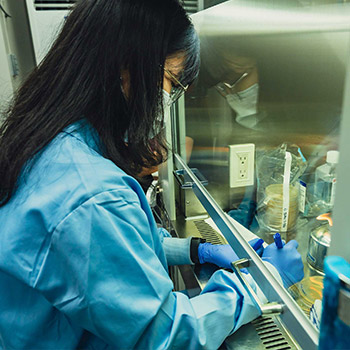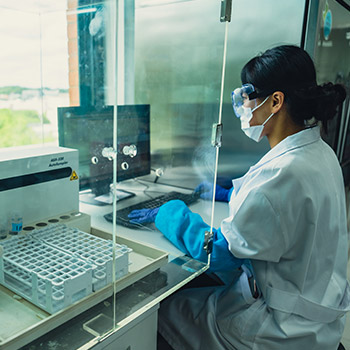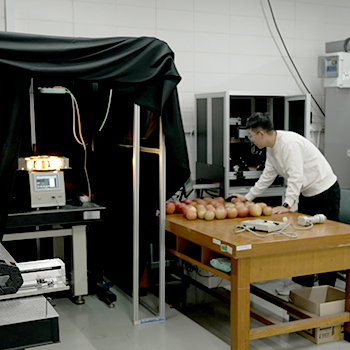An integrated microbial genome-wide association studies-based characterization of nitric oxide homeostasis by probiotic Bacillus subtilis on aging and neurodegeneration using Caenorhabditis elegans and mouse models

o This study investigates the genetic mechanisms by which the probiotic Bacillus subtilis regulates nitric oxide (NO) metabolism and its effects on host aging and neurodegeneration.
o A microbial genome-wide association study (mGWAS) was conducted using 1,654 gene deletion mutants of B. subtilis to identify strains that influence lifespan, amyloid-beta accumulation, and behavioral phenotypes in C. elegans. Two genes, nosA (NO synthase) and yojO (putative NO reductase), were identified as essential for these effects. Wild-type B. subtilis 168 extended lifespan, reduced Aβ aggregation, and improved locomotion and avoidance behavior, while ΔnosA and ΔyojO strains did not. Transcriptomic analysis in worms showed that deletion of these genes altered the expression of pathways related to neural signaling, oxidative stress, and aging regulation.
o In a mouse model of oxidative stress induced by buthionine sulfoximine (BSO), wild-type B. subtilis improved memory performance, decreased hepatic lipid peroxidation, and restored glutathione levels. Mutant strains had no effect. Gut microbiota profiling exhibited that wild-type B. subtilis increased beneficial taxa such as Lactobacillus, while mutant strains increased inflammatory taxa such as Prevotella.
o Metabolomic analysis revealed that ΔnosA and ΔyojO strains led to reduced levels of NO-related and neuroactive compounds including dopamine, glutamate, and GHB.
o These findings suggest that specific bacterial genes involved in NO metabolism contribute to host aging and brain function through the gut-brain axis and provide a genetic basis for selecting probiotic strains with defined functions in regulating oxidative stress and cognitive decline.
o The paper, titled “An integrated microbial genome-wide association studies-based characterization of nitric oxide homeostasis by probiotic Bacillus subtilis on aging and neurodegeneration using Caenorhabditis elegans and mouse models”, is scheduled for publication in the September 2025 issue of Journal of Hazardous Materials (DOI: 10.1016/j.jhazmat.2025.138902).











